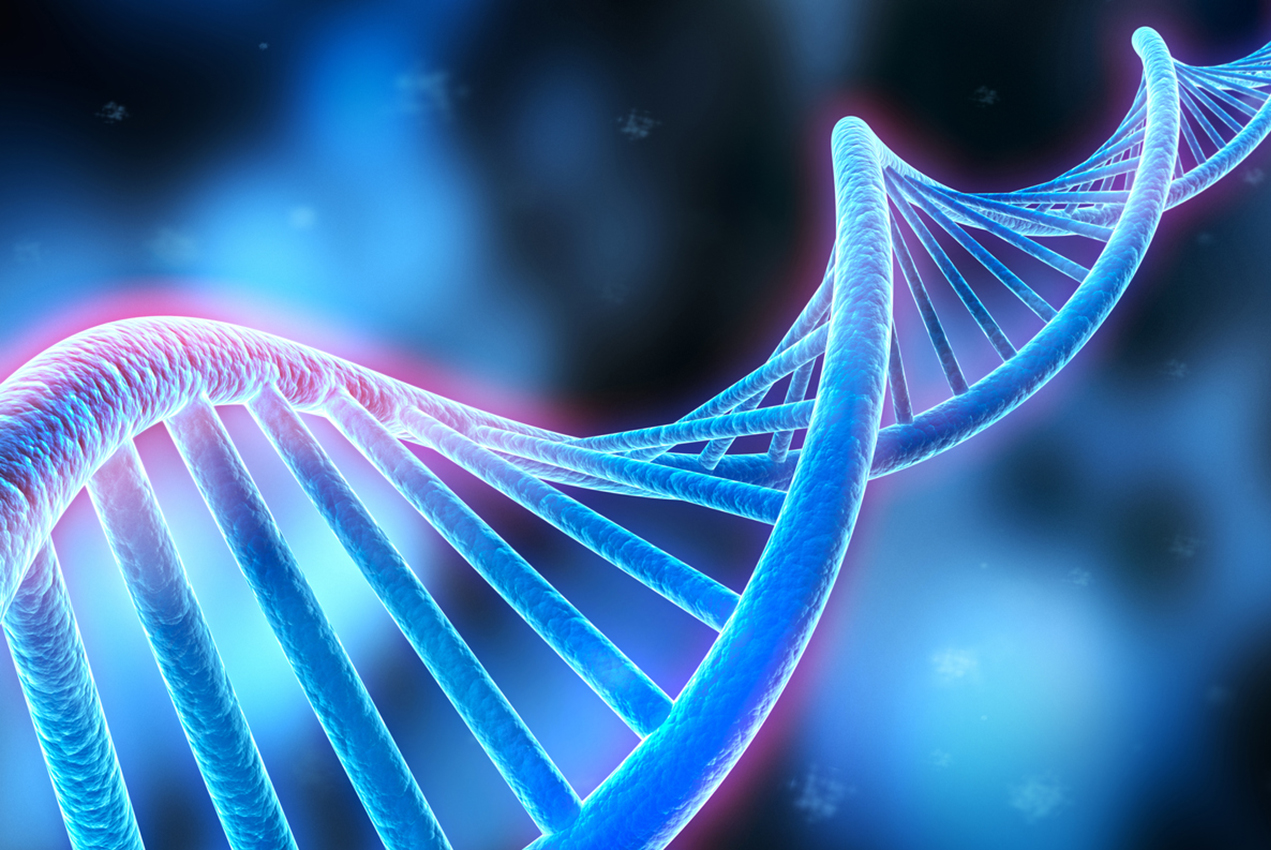Top Skills for High-Paying Biotechnology & Bioinformatics Jobs: A Complete Guide for Graduates
Bioinformatics has emerged as a key field at the intersection of biology, computer science, and data analysis. With the increasing need for bioinformatics in research institutions, healthcare, pharmaceuticals, and biotechnology companies, a strong skill set is critical for new graduates aiming to establish themselves in the field. Here’s a guide to the skills and knowledge areas that can help you land a great bioinformatics job.
1. Strong Foundation in Biological Sciences
- Molecular Biology and Genetics: Core knowledge of molecular biology, cell biology, and genetics is essential. Understanding DNA, RNA, proteins, gene expression, and genetic variation provides the foundation for most bioinformatics analyses.
- Biostatistics and Population Genetics: Proficiency in biostatistics and familiarity with concepts like genetic linkage, association studies, and population genetics are increasingly relevant for roles focused on genomics and evolution.
2. Computational Skills
- Programming Languages: Proficiency in programming is indispensable. Key languages in bioinformatics include:
- Python: Widely used due to its versatility and robust libraries for data manipulation (e.g., pandas, NumPy) and visualization (e.g., matplotlib, seaborn).
- R: Essential for statistical analysis and visualization, especially popular in genomics and transcriptomics.
- Perl: Although less commonly used now, some bioinformatics legacy tools rely on Perl scripts.
- SQL and Database Management: Many bioinformatics projects involve managing large datasets stored in relational databases. SQL helps in querying and organizing biological data efficiently.
- Linux/Unix Command Line: Many bioinformatics tools and pipelines run on Linux/Unix-based systems. Basic command-line proficiency is a must, including familiarity with shell scripting for automating tasks.
3. Knowledge of Bioinformatics Tools and Pipelines
- Genomic Analysis Tools: Familiarity with tools for DNA sequencing and analysis, such as BLAST, BWA, SAMtools, and GATK, is often expected. These are fundamental for anyone working with Next-Generation Sequencing (NGS) data.
- Protein Analysis Tools: Tools like BLASTp, PDB, and PyMOL are valuable for protein structure and function analysis.
- Data Analysis and Visualization Software: Bioconductor in R, Cytoscape for network analysis, and Matplotlib in Python are essential for data analysis and visualizations.
- Cloud Computing and High-Performance Computing (HPC): Many bioinformatics tasks require extensive computing resources, so knowledge of cloud platforms like AWS, Google Cloud, or Microsoft Azure, and familiarity with HPC concepts can be an advantage.
4. Data Science and Machine Learning
- Data Manipulation and Cleaning: Bioinformatics data often requires cleaning and transformation before analysis. Skills in handling and cleaning large datasets are crucial, especially using tools like pandas in Python or dplyr in R.
- Machine Learning (ML) Techniques: ML applications are expanding in bioinformatics, particularly in areas like genomic predictions, disease modeling, and drug discovery. Proficiency in ML libraries like scikit-learn in Python and familiarity with methods such as clustering, classification, and dimensionality reduction is beneficial.
5. Knowledge of Bioinformatics Databases
- Familiarity with major bioinformatics databases is essential for data retrieval, integration, and analysis:
- GenBank and NCBI for sequence data.
- UniProt for protein sequences and functional information.
- Ensembl for genome data, annotations, and variant databases.
- TCGA and GTEx for cancer genomics and tissue expression data.
- Skills in integrating data from different databases can be critical for many projects, particularly in research-driven roles.
6. Statistical Analysis and Experimental Design
- Statistical Software: Advanced knowledge of R and/or SAS for statistical testing, linear models, and survival analysis is often required in research-oriented bioinformatics roles.
- Understanding of Experimental Design: Bioinformatics often involves processing experimental data, so knowing how experiments are designed, the sources of potential biases, and how to analyze the results appropriately is vital.
7. Genomics and Transcriptomics
- Knowledge in Next-Generation Sequencing (NGS) analysis is a significant asset, as NGS is extensively used in genomics, transcriptomics, and epigenomics studies.
- Skills in RNA-seq, DNA-seq, ChIP-seq, and Single-Cell Sequencing data analysis are commonly sought in various bioinformatics positions.
- Familiarity with genome assembly, variant calling, differential expression analysis, and pathway enrichment analysis is advantageous.
8. Interpersonal and Communication Skills
- Scientific Writing: Writing skills are essential for presenting findings in publications, reports, or presentations. Being able to communicate technical information effectively to non-specialists is often required in industry roles.
- Collaborative Skills: Bioinformatics professionals work in interdisciplinary teams. Being able to communicate with biologists, computer scientists, and healthcare professionals is essential for success in collaborative research environments.
9. Project Management and Organizational Skills
- Bioinformatics projects can be complex, requiring good organizational skills for managing timelines, meeting milestones, and ensuring data is well-organized and documented.
- Knowledge of project management tools (e.g., Trello, JIRA) and familiarity with version control systems like Git for tracking code changes can enhance productivity and facilitate teamwork.
10. Continuous Learning and Adaptability
- Bioinformatics is a rapidly evolving field with constant advancements in technology and methods. A willingness to learn new tools, algorithms, and methodologies is crucial.
- Staying up-to-date with the latest research and bioinformatics software developments through journals, conferences, and online courses (from BDG Lifesciences) can provide a competitive edge.
Wrapping Up
To succeed in bioinformatics, you need a blend of biological knowledge, computational skills, and data analysis capabilities. It’s a field that demands versatility, with a balance between core competencies and a continuous learning mindset. Acquiring and refining these skills through internships, projects, and courses can open the door to a rewarding and impactful career in bioinformatics.


